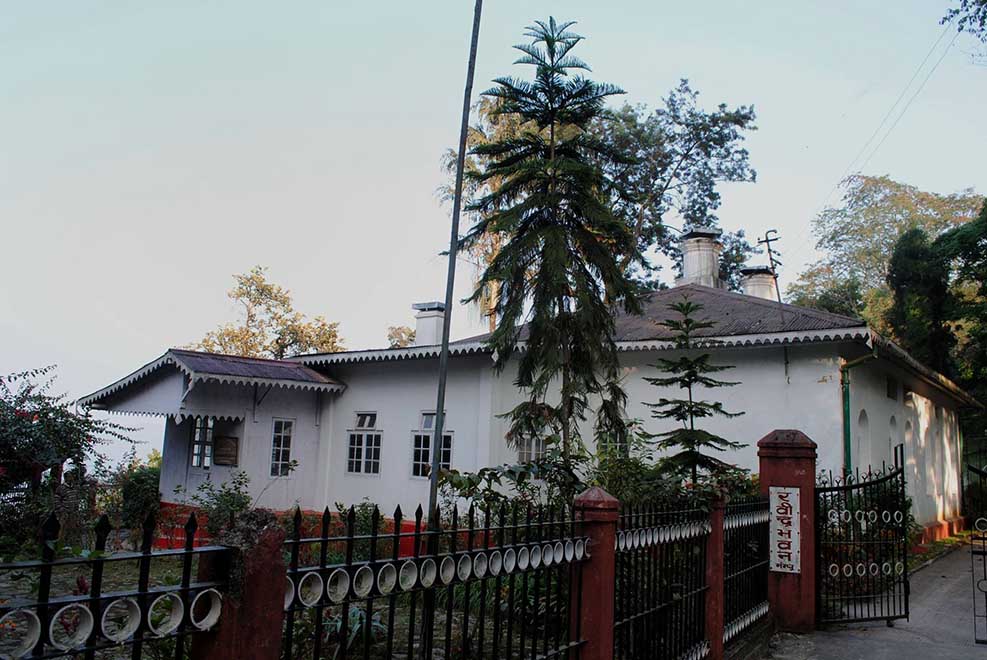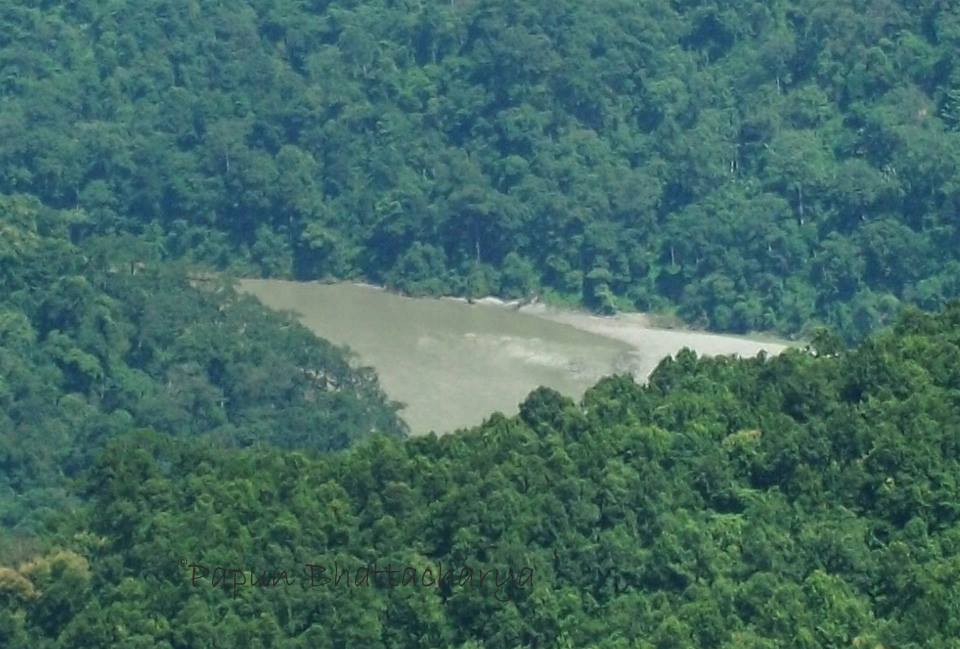Mungpoo: A Tranquil Hamlet in the Eastern Himalayas
Nestled in the lap of the Eastern Himalayas, Mungpoo is a serene and picturesque hill station in the Darjeeling district of West Bengal, India. Situated at an altitude of about 3,500 feet, this quaint little town is known for its lush tea gardens, pristine nature, and deep association with the legendary Bengali poet Rabindranath Tagore. Far removed from the bustling tourist spots like Darjeeling and Kalimpong, Mungpoo offers visitors a peaceful retreat amidst nature’s splendor.
History and Cultural Significance
Mungpoo holds great historical and cultural importance due to its strong connection with Rabindranath Tagore. The Nobel laureate visited the town multiple times between 1938 and 1940, drawn to its peaceful ambiance. He found inspiration in the beauty of Mungpoo, and it was here that he composed several poems, letters, and literary works. Tagore's residence, now transformed into the Rabindra Bhavan Museum, is one of the prime attractions for those seeking to delve into his life and creative legacy.

Apart from its association with Tagore, Mungpoo is also significant for its historical role in the cultivation of Cinchona. In the 19th century, the British government established a Cinchona plantation and factory in Mungpoo to produce quinine, a medicine used to treat malaria. The Cinchona Plantation and Quinine Factory, though no longer fully operational, serves as a reminder of the region's contribution to medicinal history.
Natural Beauty and Attractions
Mungpoo is a nature lover's paradise. Surrounded by emerald green hills, flowing streams, and panoramic views of the Kanchenjunga range, the town offers an unspoiled environment that is perfect for relaxation and reflection. The cool, temperate climate and the peaceful ambiance make it an ideal destination for those seeking solitude.

One of the highlights of Mungpoo is the Orchid Center, which houses an impressive variety of orchids indigenous to the Eastern Himalayas. Visitors can explore this center to witness the region's rich biodiversity and enjoy the vibrant colors of rare and exotic flowers.
Additionally, Mungpoo is home to picturesque tea gardens, offering stunning views and a chance to experience the local tea culture. The gently rolling hills covered in tea plantations provide a perfect setting for leisurely strolls and photography.
Rabindranath Tagore’s Legacy
Tagore’s association with Mungpoo continues to draw artists, poets, and admirers of his work. The Rabindra Bhavan Museum, housed in the building where Tagore stayed during his visits, preserves personal belongings, manuscripts, and paintings. The museum provides a window into the life of the poet and his deep bond with the town. Each year, on Tagore's birth anniversary, cultural programs and events are organized, celebrating his contributions to literature and the arts.

Best Time to Visit
The best time to visit Mungpoo is during the spring and autumn months, from March to May and September to November. The weather during these periods is mild and pleasant, making it ideal for sightseeing and outdoor activities. However, the town can also be visited during the monsoon season when the surrounding hills are lush and green, adding to the charm of the area.
How to Reach Mungpoo
Mungpoo is easily accessible from Siliguri, which serves as the nearest major transportation hub. From Siliguri, visitors can travel by road, enjoying a scenic drive through the hills. The nearest railway station is New Jalpaiguri (NJP), and the closest airport is Bagdogra Airport, both of which connect Mungpoo to other parts of the country.
For those looking to experience the serenity of the Eastern Himalayas away from the hustle and bustle of more popular hill stations, Mungpoo offers an enchanting escape with its blend of natural beauty, historical significance, and cultural heritage.
